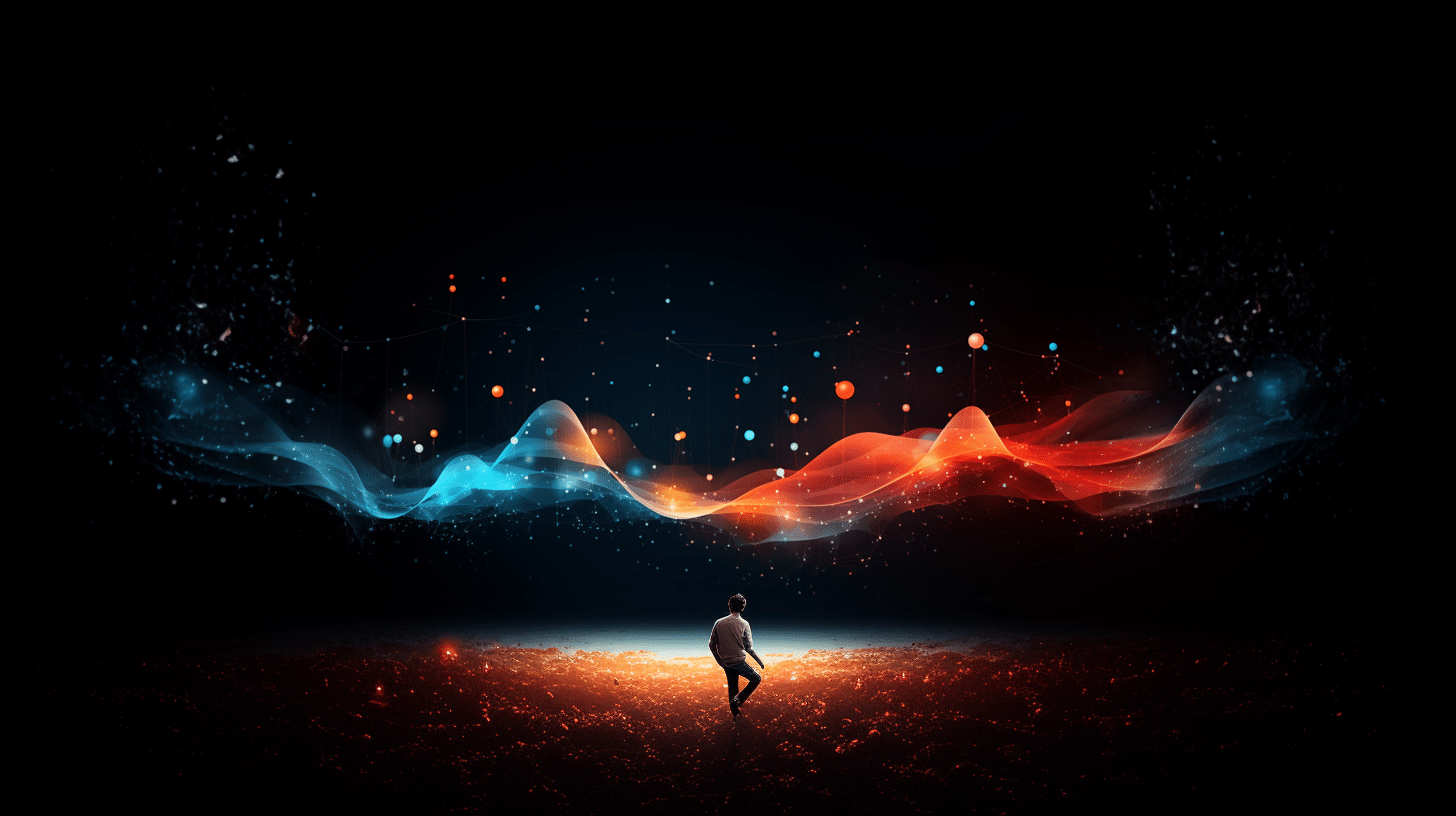Hello everyone, I’m Michael Sigamani, Head of Data Science at Qudo. Today, I want to share some of my thoughts and experiences revolving around AI, data science, and the impact these technologies have on our lives and professions.
I spent the better part of my adult life as a researcher in physics, particle physics. However, at the age of 33, I left physics and embarked on a journey that led me to data science. This transition was not easy. I felt like I had lost my identity. It was as if I had been a Christian my whole life and suddenly declared, “I don’t believe in God.” I was no longer Michael the physicist. So, who was I?
I ventured into finance, but it didn’t resonate with me. Then, I discovered data science, and I felt the same enthusiasm I once had for physics. I realized that my identity is Michael the scientist. This identity frames every single thing I do, every decision I make, and everything that I teach.
AI and data science have been game-changers in many respects. For instance, I believe AI can be a great equalizer. I recall a story about a student who used ChatGPT to write his articles in his final year and earned a distinction. This approach, which was once accessible only to the wealthy in the form of costly tutoring, is now available to everyone, levelling the playing field.
However, it’s important to remember that these tools, while powerful, require knowledge and skill to use effectively. I have access to a pneumatic drill and hammers, but that doesn’t mean I can build a house. The same applies to AI. We still need experts who know how to use these tools and what to look for.
The advent of AI has sparked fascinating conversations and ruffled many feathers. But isn’t that a good thing? The fact that we’re always curious, always trying to improve our state, is what makes us human. And as long as we continue to be curious and strive for improvement, humanity will continue to thrive.
In the future, I see AI impacting scientific research in ways we can’t even imagine right now. But no matter where this journey takes us, the core principles of being a scientist will remain the same. The waters will change, but we’ll sail the ship in very much the same way.
As we navigate these changing waters, I invite you to join the conversation. How do you see AI impacting your field of work or study? What opportunities and challenges do you foresee? Share your thoughts in the comments below, or reach out to me directly. Let’s explore this brave new world of AI and data science together. Hit us up on LinkedIn and let us know your comments.




